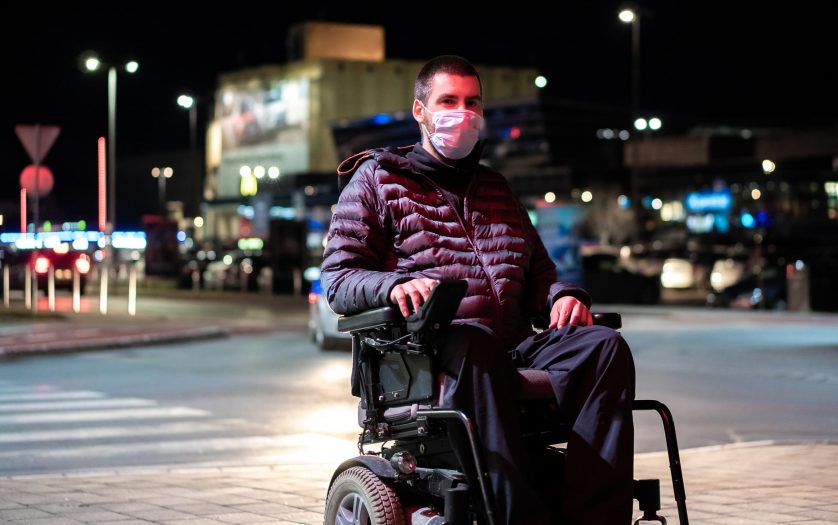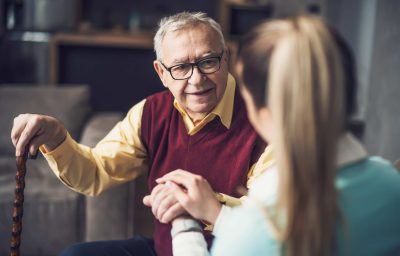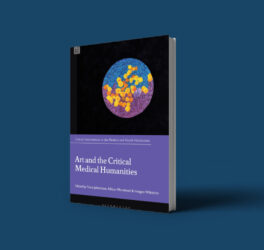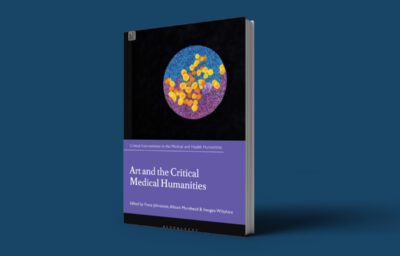
The Royal Commission into Violence, Abuse, Neglect and Exploitation of People with Disability published an Issues paper inviting people to share information about the impact of, and responses to, the Omicron wave of the COVID-19 pandemic for persons with disabilities.
The Issues paper has been released following the statement of ongoing concern published by the Royal Commission on 17 February 2022. The statement noted that the Royal Commission remained deeply concerned that people with disability are still not being appropriately prioritised during the current phase of the pandemic in relation to health care, disability support and the vaccine/booster rollout.
In releasing the Issues paper, the Royal Commission would like to gain insights through responses from people with disability, their families and carers and people working in the disability sector about the impact of, and responses to, the Omicron wave of the COVID-19 pandemic for people with disability.
In addition, the Royal Commission would like to know how the recent east coast flood disasters may have contributed to challenges for people with disability.
Designed to assist people with sharing their stories, the paper includes a series of targeted questions and identifies the following areas of significant concern to the Royal Commission:
- the impacts of the current wave of the pandemic on people with disability
- the effectiveness of government planning to ensure the health and safety of people with disability when restrictions to manage COVID-19 were eased in late 2021 and early 2022
- whether responses by government and service providers to the Omicron wave have been effective in lessening its impact on people with disability
- the experiences of people with disability who have been affected by the recent severe flooding in Queensland and New South Wales or other emergencies
- what is needed to protect people with disability from new COVID-19 variants and future waves of the virus.
All responses will inform the work of the Royal Commission and people are encouraged to contribute their stories before 29 April 2022.








